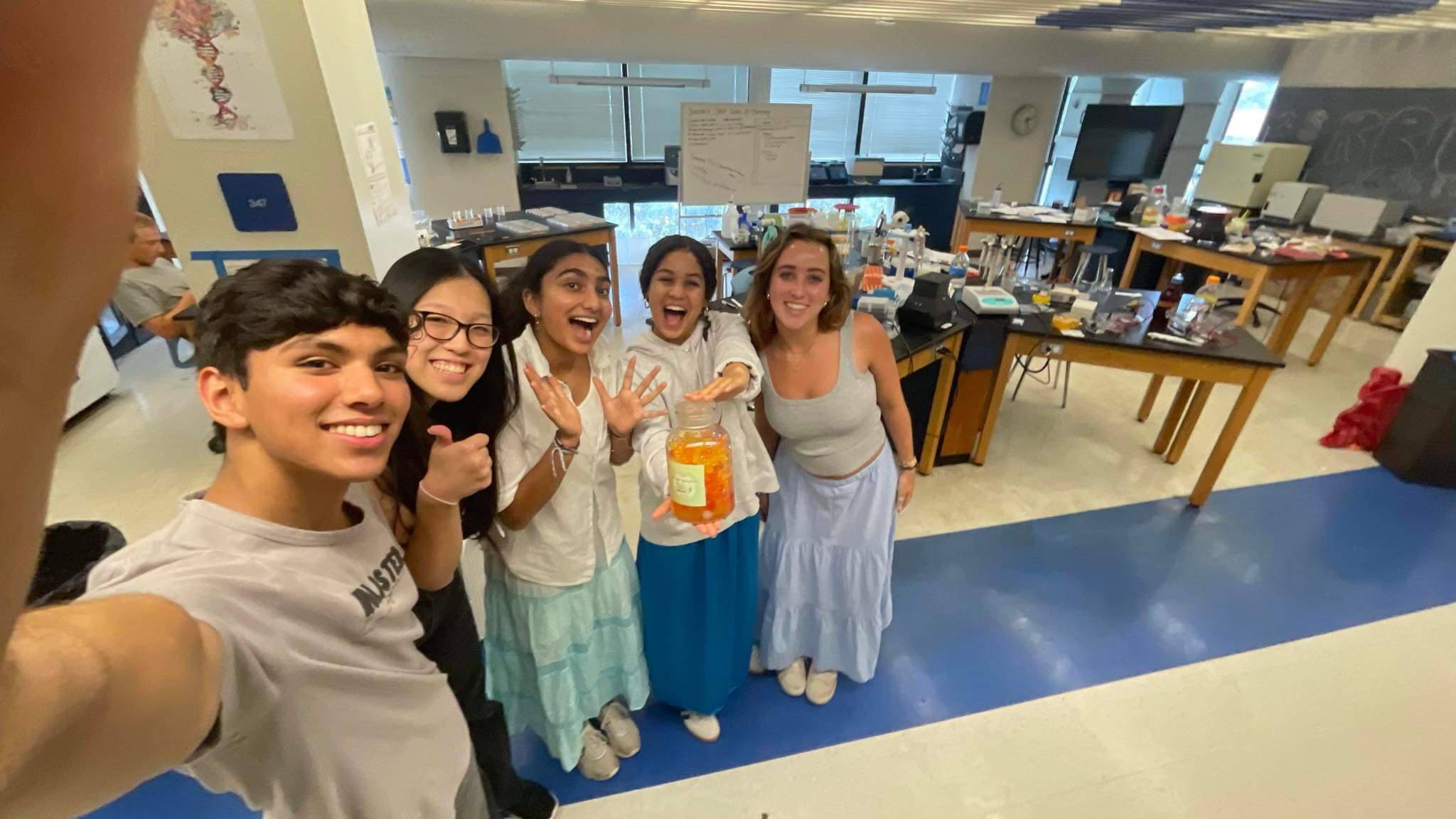By Marcellus Day, Stentorian Staff Writer
While many seniors are thinking of college admission, many juniors are thinking of a different type of admission: the one for research. A common question asked is should one do RSci or Research in the Humanities (RHum)? The answer is why not both, and furthermore, why not RHum?
Earlier this year, Teresa Fang ‘25 wrote an astonishing article where she emphasizes the importance of interdisciplinary academics and practice. This couldn’t be more true; the limits of research are never confined to just one field.
If one wishes to be an effective academic, one should be well versed in all their curiosity–including ones that are not traditionally considered “useful”, which is in quotes as when one says not useful they usually mean not profitable. As Fang points out, the tools humanities arm you with go beyond your humanities research and into effectively communicating, critically thinking and questioning. So, then why not research the humanities?
The common answer to this is that it’s not “useful,” but useful is not used in the sense of profit but of leverage. So here’s a sense of truth: a college will not accept you purely because you are in impressive, STEM focused academic programs.
You can do a hundred RSci programs, and still not be what they are looking for. They are looking for your curiosity. What sparks it and do you follow it? If a humanities question sparks you, follow it, and even if you have no specific question let your interest as a human lead you. The follow-through of something that captivates you, is way more impressive than something you did to put on your resume. RHum is designed to captivate and explore captivation.
Additionally, humanities research goes beyond the capabilities of science research. Certainly, there are some questions that are furthered by science, but Humanities doesn’t serve as an add-on to pick up where STEM drops off, it goes where STEM cannot. Humanities concerns itself with questions not necessarily bound by the same restrictions as STEM, not to say that humanities doesn’t come with its own complex restrictions. You are bound by human thought, records, and where you can take yourself. We can take the work of STEM and apply it, as questions of AI usage, or we can take it outside of the science sphere and expand.
Make no mistake, however, I am not arguing against the RSci programs; I do hobbyist research in math and believe that you should go where curiosity leads you. I am arguing for your serious consideration of all Research in the Humanities programs, despite the doubts rebuked above. It is an experience that strengthens the heart and skills of a researcher, and if not that is sure is a lot of fun.
Here are some of the research opportunities in the Humanities!
Research Experience in the Humanities, (REXHum)
Available to all students who have completed AmStud I, this course serves as the introduction to humanities research for all who are interested, even if you have conducted research in the past. Students learn the basic skills of research, and produce a thesis. This course is available to juniors and seniors and is a choice for a prerequisite of RHum.
Summer Research in the Humanities, (SRIPHum)This program introduces students to research inside and outside of archives, libraries, and the world. A three-week program during the summer, students get the opportunity to travel to diverse museums and research a question of their choice. The student will produce an abstract, that they will get to present to a group of peers, and at the SRIP Showcase. This is a summer experience offered to juniors via application, and can also serve as a prerequisite for RHum alternatively to REXHum.
Research in the Humanities (RHum)
This is a course taught in the fall semester surrounding your research. The course aims to encourage students to enhance their reading and writing skills while expanding their knowledge in general topics and their research questions of choice. Students will produce a full research paper and will have the chance to be published in Fifth World, the student humanities research journal of NCSSM. This course is only for seniors who have met the RHum requirements.
Luckily, for both juniors and seniors, there is still time to apply and do research! I do hope that you consider, apply, and pursue any curiosity of the humanities; it is a worthy pursuit.

